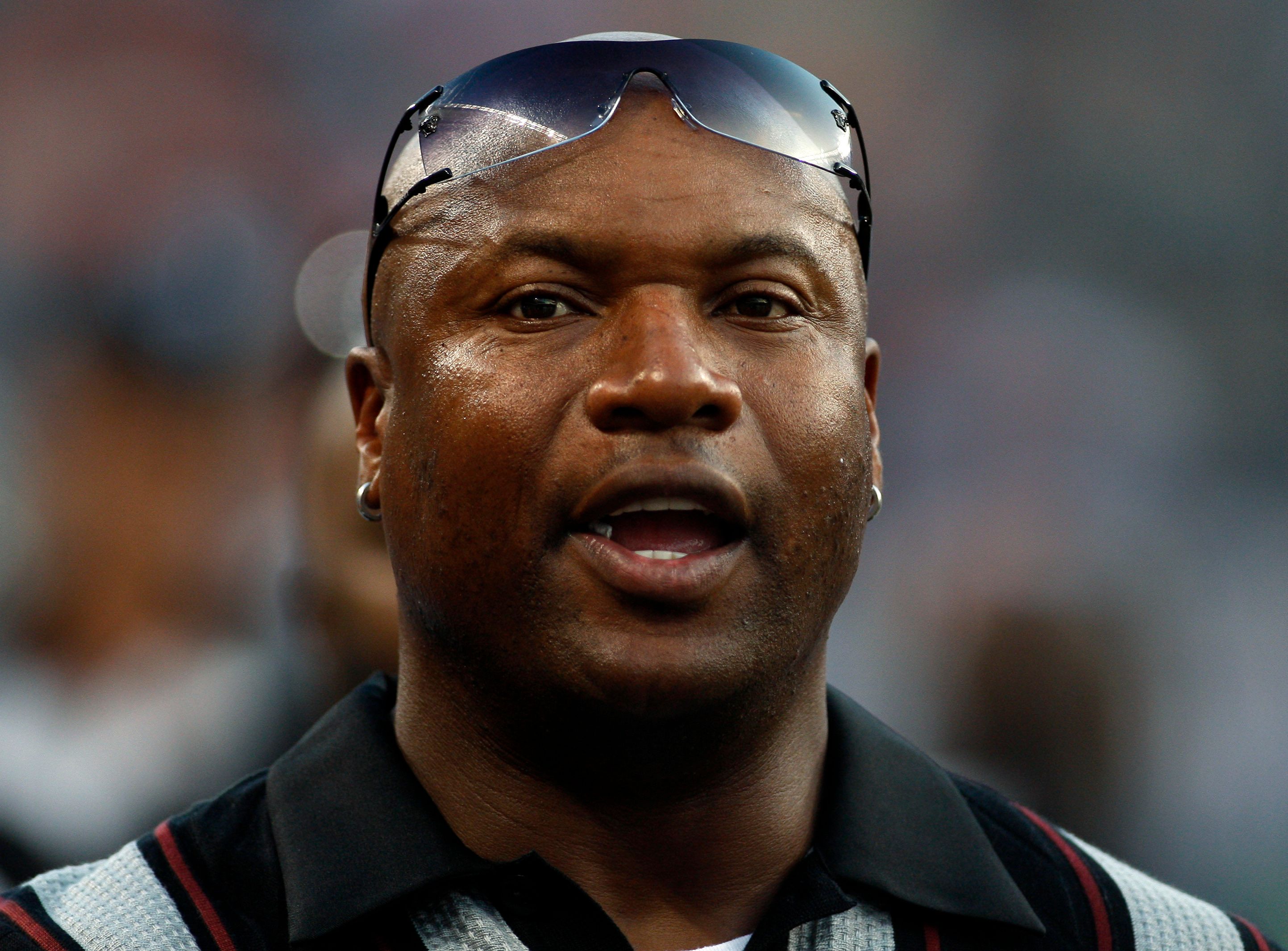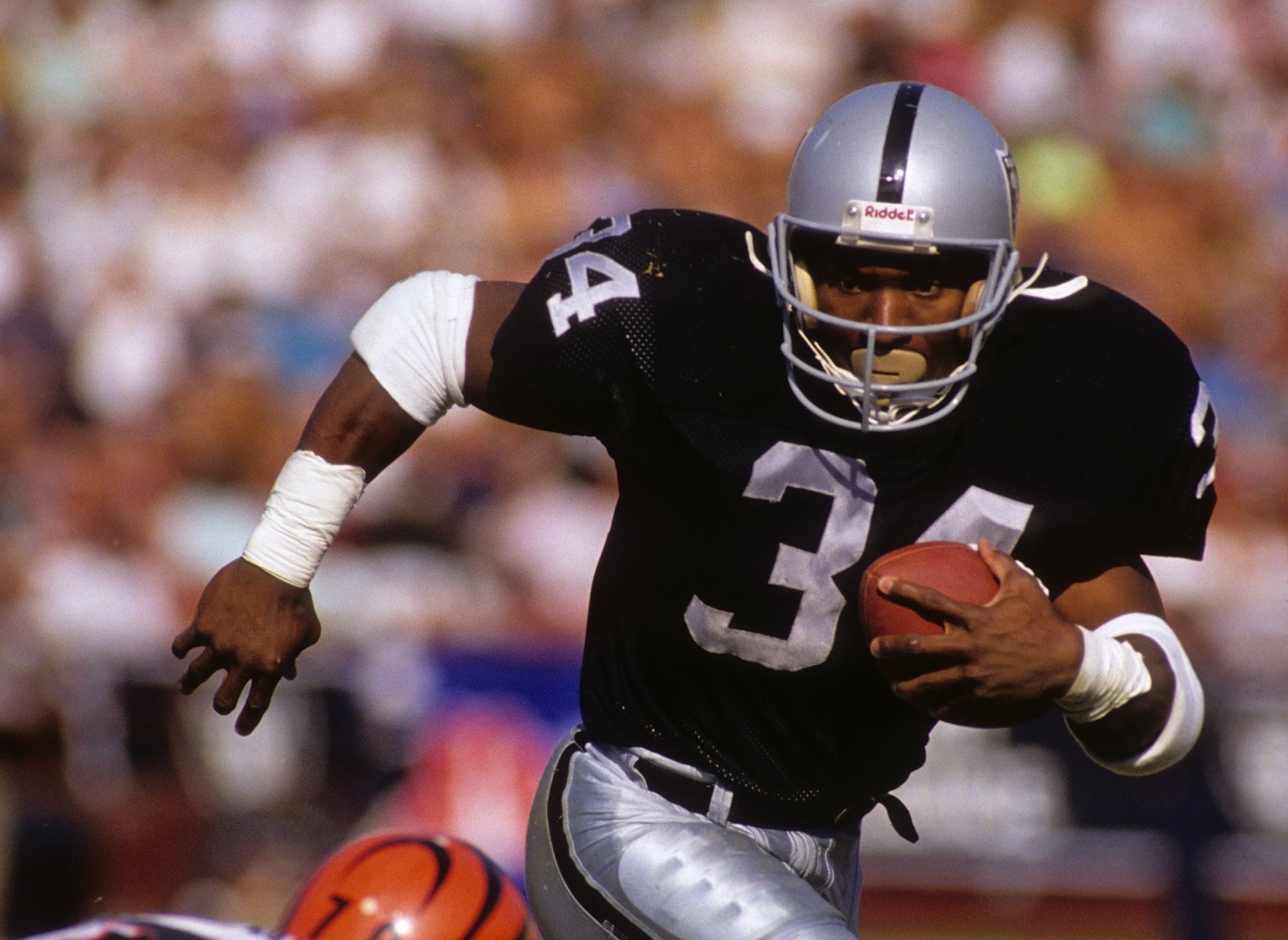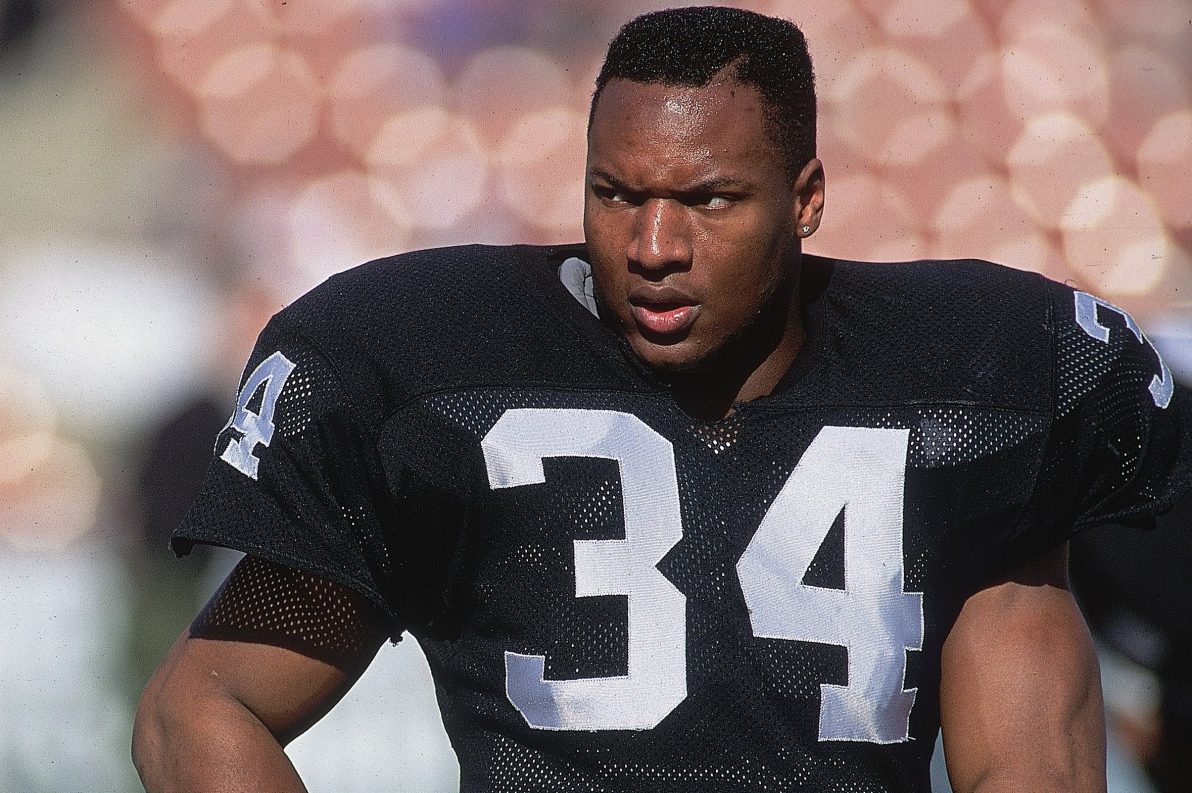Bo Schembechler: The Michigan Legend & His Complex Legacy
Glenn Edward "Bo" Schembechler Jr. was not merely a football coach; he was an institution, a titan whose very name became synonymous with the University of Michigan Wolverines. For two decades, Bo Schembechler molded young men, instilled a fierce competitive spirit, and forged one of college football's most enduring dynasties, leaving an indelible mark on the sport and the hearts of Michigan faithful.
His journey from an Ohio native who played for Woody Hayes to the winningest coach in Michigan history is a testament to his unparalleled dedication and fiery intensity. Yet, like many towering figures, Bo Schembechler's legacy is multifaceted, encompassing not only his celebrated achievements and profound influence but also complex truths and difficult conversations that have emerged in the years following his passing. This article delves into the life, career, and enduring impact of a man who was both a hero and, for some, a figure whose actions carried unforeseen consequences.
Table of Contents
- The Formative Years: A Life Dedicated to Football
- Personal Data & Key Milestones
- The Michigan Era Begins: A New Identity for the Wolverines
- The Rivalry: Bo vs. Woody and The Game
- A Coaching Philosophy: "The Team, The Team, The Team"
- A Legacy of Wins and Titles
- The Uncomfortable Truth: Addressing the Controversies
- The Final Whistle: A Lasting Impact
The Formative Years: A Life Dedicated to Football
Born Glenn Edward Schembechler Jr. on April 1, 1929, in Barberton, Ohio, Bo Schembechler's devotion to football was evident from an early age. Even in the 7th and 8th grades, when his grade school lacked a team, young Bo practiced with the high school squad, demonstrating a precocious passion for the gridiron that would define his entire life. This early immersion in the sport laid the groundwork for a career that would see him become one of college football's most revered, and at times, controversial figures. His playing career took him to Miami University (Ohio), where he played football under two legendary coaches: Sid Gillman and Woody Hayes. This experience was foundational, particularly his time under Hayes, who would later become his fiercest rival. After graduating from Miami University in 1951, Bo Schembechler embarked on his coaching journey, serving as an assistant at various institutions before returning to his alma mater. From 1963 to 1968, he served as the head football coach at Miami University, compiling a respectable record and honing the coaching philosophy that would later bring him national prominence. His six years at Miami were a crucial proving ground, preparing him for the monumental challenge that awaited him in Ann Arbor.Personal Data & Key Milestones
To truly appreciate the scope of Bo Schembechler's influence, it's helpful to review his personal data and key milestones:| Full Name | Glenn Edward "Bo" Schembechler Jr. |
| Born | April 1, 1929, Barberton, Ohio, USA |
| Died | November 17, 2006 (aged 77), Southfield, Michigan, USA |
| Alma Mater | Miami University (Ohio) |
| Coaching Career (Head Coach) |
|
| Overall Career Record | 234 wins, 65 losses, 8 ties |
| Michigan Record | 194 wins, 48 losses, 5 ties |
| Notable Achievements |
|
| Hall of Fame Inductions |
|
| Other Roles |
|
The Michigan Era Begins: A New Identity for the Wolverines
In 1969, Bo Schembechler arrived in Ann Arbor, Michigan, ushering in a new era for the Wolverines. He inherited a program with a proud history but one that had recently struggled to maintain consistent excellence. From his very first moments, Schembechler unleashed a "volcanic intensity" on his new charges, setting a clear and singular objective: to beat Ohio State. This wasn't just a goal; it was an "overarching aim," a rallying cry that would define his tenure. The national press gave the Wolverines "absolutely no chance" against the mighty Ohio State Buckeyes in their first encounter under Bo Schembechler. Woody Hayes' Buckeyes were the reigning national champions, riding a 22-game winning streak and widely considered one of the greatest college football teams ever assembled. Yet, on November 22, 1969, in one of the most stunning upsets in college football history, Michigan defeated Ohio State 24-12. This victory, often cited as "one of the greatest college football upsets of all time," immediately cemented Bo Schembechler's legendary status and ignited a rivalry that would captivate the nation for decades. It was a statement game that signaled Michigan's return to national prominence and the dawn of the "Ten Year War."The Rivalry: Bo vs. Woody and The Game
The rivalry between Bo Schembechler and his former mentor, Woody Hayes, became the stuff of legend. Their annual clash, simply known as "The Game," transcended mere football; it was a battle of wills, philosophies, and deeply personal pride. Both men were Ohio natives, intensely competitive, and shared a profound love for the sport and their respective institutions. However, their relationship, forged as player and coach, evolved into one of the most iconic rivalries in sports history. Bo Schembechler "loved nothing more than beating Woody Hayes and Ohio State." This sentiment wasn't just hyperbole; it was a driving force behind his relentless pursuit of excellence. The "Ten Year War" (1969-1978) saw Michigan and Ohio State dominate the Big Ten, often playing for the conference title and a Rose Bowl berth in their season-ending showdown. The intensity of this rivalry, fueled by the mutual respect and fierce competitiveness between Bo and Woody, elevated college football to new heights and created indelible memories for generations of fans. Their games were often low-scoring, physical contests, decided by a handful of plays, reflecting the disciplined and hard-nosed styles of both coaches.A Coaching Philosophy: "The Team, The Team, The Team"
Beyond the wins and the intense rivalries, Bo Schembechler was renowned for his powerful coaching philosophy, encapsulated in his famous 1983 speech: "The Team, The Team, The Team." This mantra became a cornerstone of Michigan football, emphasizing selflessness, collective effort, and the idea that no individual was greater than the unit. It was a philosophy rooted in discipline, hard work, and an unwavering commitment to the group's success over personal glory. Schembechler was a charismatic but conservative coach who adapted to the changing era, albeit often on his own terms. He was known for his fiery intensity on the sidelines, his booming voice, and his unwavering belief in his players. He demanded excellence and accountability, fostering a culture where every player understood their role in the larger scheme. His magnetic personality was admired nationally and beloved by his players, many of whom credit him with shaping not just their football careers but their lives. He believed in fundamental football, strong defense, and a powerful running game, a classic approach that he consistently refined to remain competitive throughout his tenure. His love for the school and the band was also a defining characteristic, further cementing his bond with the entire Michigan community.A Legacy of Wins and Titles
Bo Schembechler's coaching record speaks volumes about his impact. In his 21 seasons as head coach of the Michigan Wolverines (1969-1989), he compiled an astonishing 194 wins, making him the winningest head coach in Michigan football history. His overall career record, including his time at Miami University, stands at 234 wins, 65 losses, and 8 ties. Under his leadership, Michigan secured an impressive 13 Big Ten Conference titles. This consistent success solidified Michigan's position as a perennial national power. While a national championship eluded him, his teams were consistently among the nation's elite, known for their toughness, discipline, and ability to perform under pressure. His tenure saw Michigan reach 10 Rose Bowls, a testament to their sustained excellence and dominance within the Big Ten. The sheer volume of victories and championships during his two decades at the helm underscores the profound and lasting legacy of **Bo Schembechler** as a master strategist and motivator.Beyond the Sidelines: Athletic Director and Detroit Tigers President
Bo Schembechler's influence extended beyond the football field. He faithfully served the University of Michigan for 22 years between 1969 and 1990, not only as head football coach but also as the university's athletic director. He held the dual role of coach and athletic director for 18 months, demonstrating his deep commitment to the entire athletic department. In this capacity, he oversaw the growth and development of numerous sports programs, ensuring the continued excellence of Michigan athletics. After stepping down from coaching in 1989, his leadership qualities were recognized beyond the collegiate sports world. He went on to become the president of the Detroit Tigers, a professional baseball team, from 1990 to 1992. This transition showcased his versatility and the respect he commanded as a leader, capable of navigating the complexities of professional sports. His time with the Tigers, though brief, further highlighted his dedication to Michigan sports and his desire to contribute to the state's athletic landscape.The Uncomfortable Truth: Addressing the Controversies
While Bo Schembechler is widely hailed as a hero and a legendary figure in college football, his legacy has been complicated by deeply troubling revelations that emerged years after his death. His son and former players revealed that Schembechler allegedly ignored their sexual assault by the team doctor, Robert Anderson. This information has cast a shadow over an otherwise celebrated career, forcing a re-evaluation of his actions and responsibilities. The allegations suggest that Schembechler was aware of concerns regarding Dr. Anderson's conduct but failed to take adequate action to protect the student-athletes under his care. This starkly contrasts with the image of a coach who fiercely protected his "team." While "most of the people that knew Bo Schembechler say he wouldn't have stood idly by and let Robert Anderson abuse patients," the victims' accounts paint a different, heartbreaking picture. They assert that their pleas and concerns were not adequately addressed, leading to continued abuse. This difficult aspect of his legacy underscores the critical importance of accountability, especially for figures in positions of power, and highlights the ongoing struggle for justice for survivors of abuse in sports. It serves as a stark reminder that even revered figures can have complex and uncomfortable truths associated with their legacies, and that the experiences of victims must always be centered and believed.The Hall of Fame Inductions and Enduring Admiration
Despite the later controversies, Bo Schembechler's immense contributions to college football were recognized through numerous prestigious inductions during his lifetime and shortly after his passing. He was inducted into the Michigan Sports Hall of Fame in 1989, a fitting tribute from the state he served so faithfully. In 1992, he was honored with induction into the University of Michigan Athletic Hall of Honor, acknowledging his profound impact on the university's athletic program as a whole. The pinnacle of his recognition came in 1993, when **Bo Schembechler** was inducted into the College Football Hall of Fame, cementing his place among the sport's all-time greats. These accolades reflect his unparalleled success, innovative coaching, and the enduring admiration he commanded from peers, players, and fans alike. His "magnetic personality" ensured that even after his retirement, he remained a beloved and influential figure in the world of sports.The Final Whistle: A Lasting Impact
Bo Schembechler passed away on November 17, 2006, at 77 years of age. Poignantly, his death occurred on the eve of "The Game," the annual Michigan-Ohio State rivalry, after he had just finished taping a TV show discussing the upcoming contest. His passing marked the end of an era, but his impact on college football, and particularly on the University of Michigan, remains profound and multifaceted. He was the winningest head coach in Michigan football history, a figure who instilled discipline, passion, and an unwavering commitment to "The Team." His fiery intensity and strategic prowess led Michigan to consistent success, including 13 Big Ten titles. His rivalry with Woody Hayes defined an era of college football, captivating millions and elevating the sport's profile. Yet, as with all complex figures, the full scope of his legacy includes the difficult revelations concerning his alleged inaction regarding the sexual assault by the team doctor. This aspect challenges the narrative of an unblemished hero and necessitates a more nuanced understanding of his historical role. Ultimately, Bo Schembechler remains a central figure in the lore of college football, a man whose achievements are undeniable, whose influence was immense, and whose life story continues to spark important conversations about leadership, responsibility, and the enduring power of sports.Chronological Overview of Bo Schembechler's Career
Here is a chronological overview of key moments in the life and career of Bo Schembechler:- April 1, 1929: Born Glenn Edward "Bo" Schembechler Jr. in Barberton, Ohio.
- Early Life: Showed devotion to football; practiced with high school team in 7th and 8th grades.
- 1951: Graduated from Miami University (Ohio), where he played football under Sid Gillman and Woody Hayes.
- 1963-1968: Served as Head Football Coach at Miami University (Ohio).
- 1969: Became Head Football Coach at the University of Michigan. Unleashed "volcanic intensity" on his new charges, setting the goal to beat Ohio State.
- November 22, 1969: Led Michigan to a monumental 24-12 upset victory over #1 ranked Ohio State, considered one of the greatest college football upsets of all time.
- 1969-1989: Coached the Michigan Wolverines for 21 seasons, winning 194 games and 13 Big Ten titles.
- 1983: Delivered his famous "The Team, The Team, The Team" speech.
- 1988-1990: Served as Athletic Director for the University of Michigan, including 18 months concurrently as football coach.
- 1989: Inducted into the Michigan Sports Hall of Fame.
- 1990-1992: Served as President of the Detroit Tigers.
- 1992: Inducted into the University of Michigan Athletic Hall of Honor.
- 1993: Inducted into the College Football Hall of Fame.
- November 17, 2006: Died at 77 years of age, on the eve of the Michigan-Ohio State game.
Bo Schembechler's journey from a dedicated young player to a legendary coach is a powerful narrative of ambition, leadership, and unwavering commitment. His name will forever be etched in the annals of college football, synonymous with the maize and blue of Michigan and the fierce spirit of competition. While his legacy, like many complex historical figures, now carries the weight of uncomfortable truths, it is precisely this multifaceted nature that demands continued discussion and reflection. His impact on the game, his players, and the Michigan community remains undeniable, a testament to a life lived with extraordinary intensity and purpose.
What are your lasting memories of Bo Schembechler? How do you view his complex legacy in today's world? Share your thoughts in the comments below, and explore other articles on legendary figures in sports history.
- Remote Access Raspberry Pi From Internet
- Xxx Is Equal To 2025
- X X X X Is Equal To
- Elyce Arons Net Worth
- Connect Raspberry Pi Remotely

10 Things NFL Fans Should Know About Bo Jackson

Bo Jackson's Most Shocking Sports Feat Didn't Come in Baseball or

The Legend of Bo Jackson is Chronicled in a New Book by Jeff Pearlman